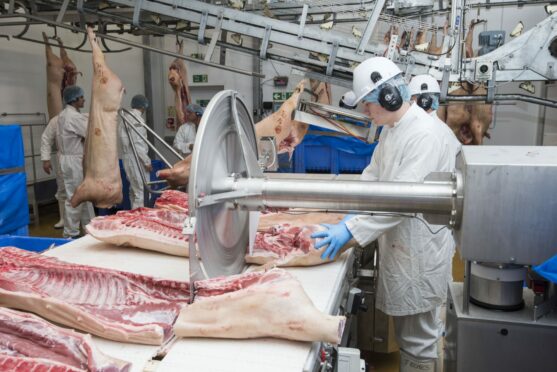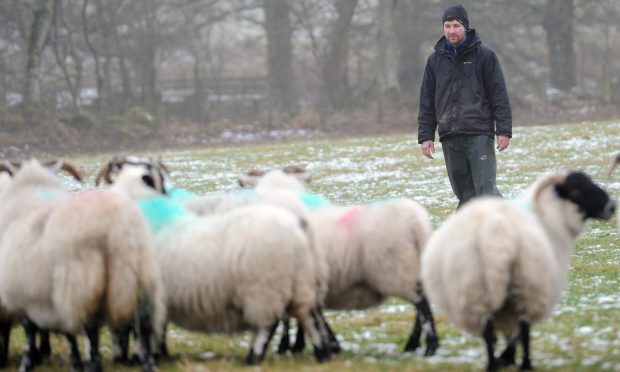The National Pig Association (NPA) has reiterated its demand for fair contracts and lasting reform to end the volatility in pricing which has cost the industry an estimated £750 million over the past two years.
Many producers are now seeing a return to profitability after disastrous losses, but the NPA argues that while farmers were losing money and going out of business, other parts of the chain simultaneously posted handsome profits.
It has now called on Defra to publish its response to the consultation on the supply chain which was conducted last year, and insists a fairer trading environment underpinned by legislation is vital.
NPA chief executive Lizzie Wilson said: “Whilst we appreciate this is not going to happen overnight and any policy must be fit for purpose, producers need confidence to continue production.
Reform
“We need the risk to be more proportionately spread through the supply chain, and that will only come with far-reaching reforms.”
The NPA made eight key asks in its response to Defra’s consultation, setting out a blueprint for a fairer, more transparent and more sustainable pork supply chain.
Key asks include the introduction of legislation to underpin new pig contracts, which would allow producers, marketing groups and pork processors to negotiate terms that work for all parties, including ensuring a fair price for producers, and backed by an effective dispute resolution mechanism.
The NPA is also calling for better forecasting to improve business planning, as part of a wider drive to increase transparency across the chain, and for pork buyers to make better use of the entire pig carcass, rather than just selective cuts.
NPA chief policy adviser Rebecca Veale said: “We have moved from a situation where processors did not have the capacity to take the number of pigs available, causing horrendous backlogs on farm, to one where we now have a shortage of British pigs.
“Pig prices are now rising as a result, but this degree of volatility is in nobody’s interests, which is why we want to see a more balanced trading environment, better forecasting and for buyers to take a longer-term perspective.
“The initial consultation focused very much on the processor-producer relationship, but our message to Defra all along has been that any solution to this imbalance of power must include the retailers, who set the tone for the rest of the chain.”











